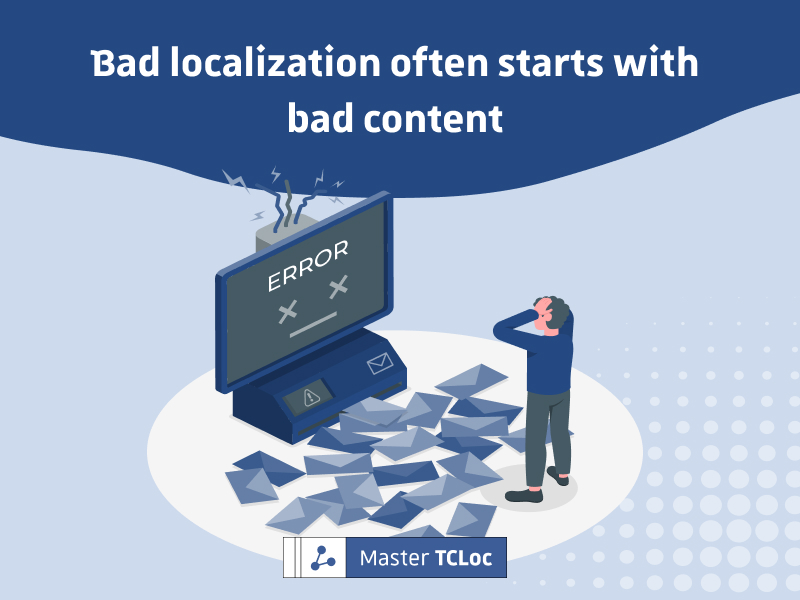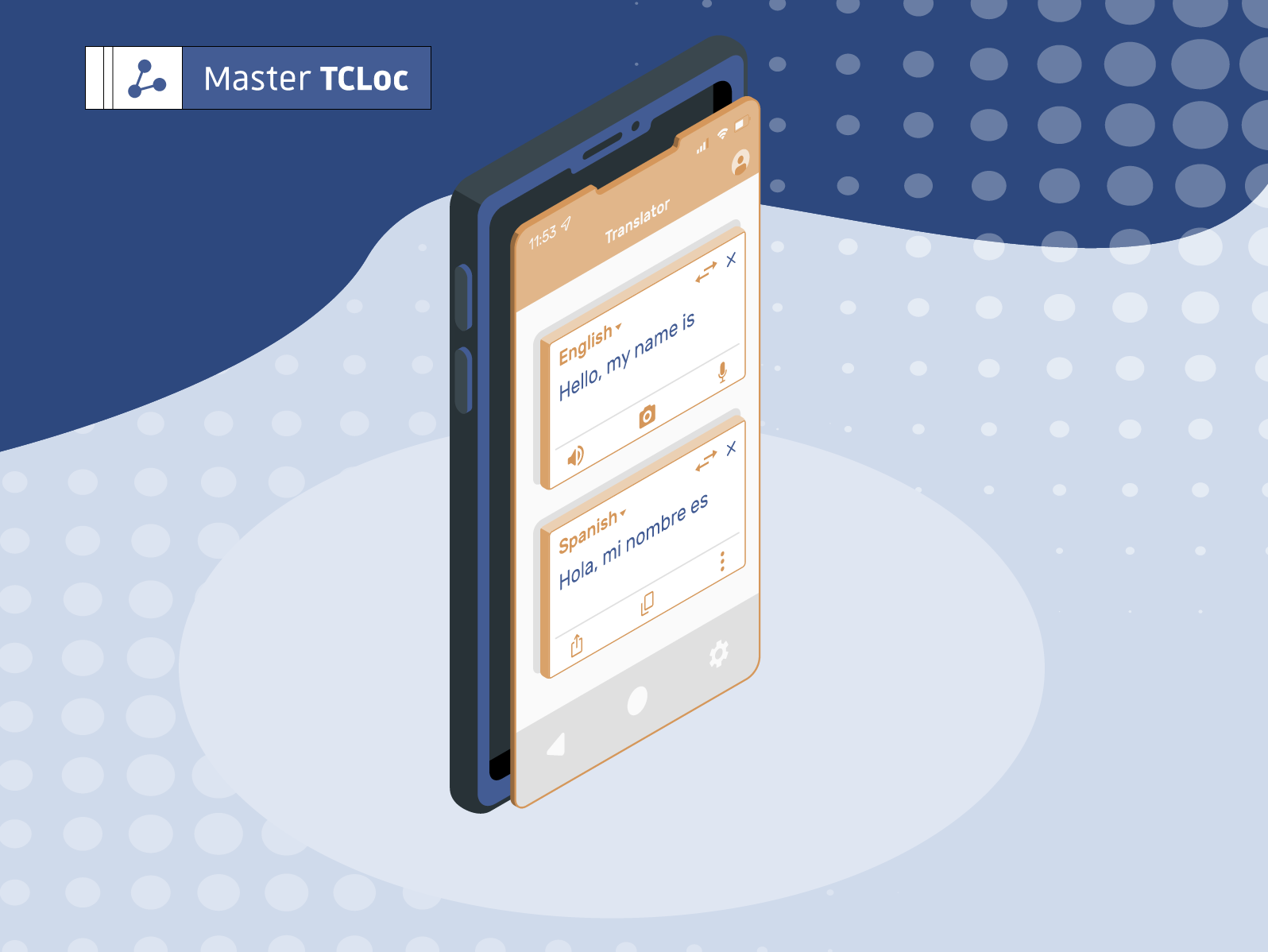Video game localization is gaining popularity as the video game industry continues to grow. In the not-too-distant past, the development and distribution of video games were much more difficult than they are now. With today’s tools and platforms for digital copy sales of video games, the number of video games has increased to a large extent. Additionally, the revenue of the industry has grown so large that in 2020, the video game industry made more revenue than the music and cinema industries combined. Of course, we should also credit mobile games and their accessibility for this success.
All these developments in the industry have changed the opinions of many investors and professionals about the gaming industry, and many people have entered this field. In addition to that, the increasing expectations of the gaming community have naturally turned the localization of video games into a standard and increased the number of game localization companies. However, this expansion has also brought some challenges because not all the professionals who entered this field were passionate about gaming. Furthermore, not all video game studios were visionary enough to get services from video game localization professionals and preferred to work with ordinary translators due to financial constraints.
Understanding the Skopos Theory in game localization
In 1978, Hans Vermeer first published his collaborative work with Katharina Reiss, “The Skopos Theory.” The term “skopos” originates from the Greek word “skopein,” which means “to aim at” or “to look at.” Within the scope of translation studies, it refers to the purpose and/or functionality of a translation product. In video games, the main skopos is mostly to reach a larger audience, make the game more understandable, and make the gameplay more practical for players. There are many other things to consider regarding the skopos of a localization work, and there are many more benefits that will come from high-quality localization work, but we will not delve into those here.
The Vital Role of Game Jargon in Localization
For me, “functionality” is the main core of localization, as the quality of localization can ultimately be measured by its functionality. This level cannot be reached in game localization by ignoring the players and the game jargon they have become accustomed to. Therefore, the main purpose of video game localization should not be a good translation, but rather transforming the game into a different version that will be in the language of the target gamers. I am using the term “target gamers’ language” because it does not have to be the same thing as their official language. Every game community has its own jargon, and we should never ignore that.
Turkish MMORPG Localization Challenges
As a case study, Knight Online and SilkRoad Online are two MMORPG games published in 2004-2005 and are still majorly played by Turkish players. Due to the large Turkish player base, both games have released Turkish versions. However, both versions neglected the game jargon that players had developed over the years, as well as important elements like mutual in-game commerce. As a result, most Turkish players continued to play the English versions, even to this day. In this sense, how can we label localization work “functional” when it is not being used by the target audience when it is present?
In summary, game localization professionals must have a good knowledge of the genre of the game, the game itself, and the jargon of the players. Otherwise, the localization will not be functional and will be a waste of time and money. If you are also a video game localization professional, I kindly invite you join our community in gamelocz.com for more informative articles and many more.
if you’re interested in this topic, you might also like to read localization and culturalization of Chinese video games.



